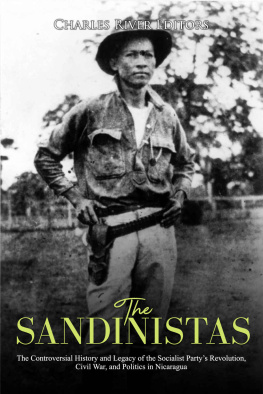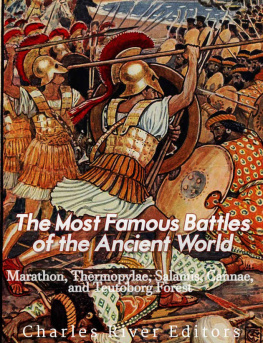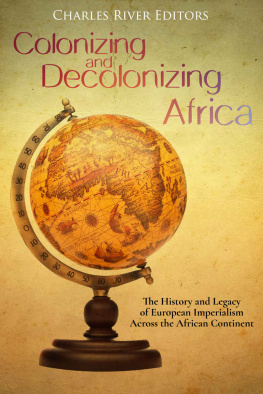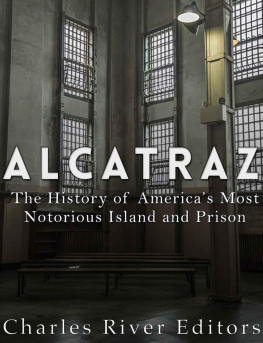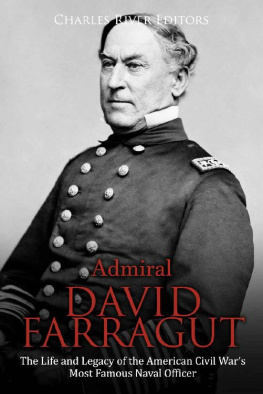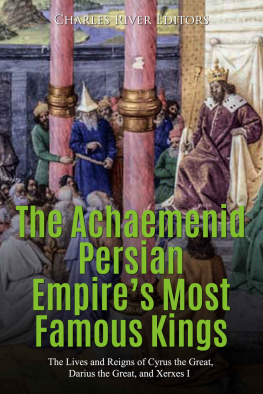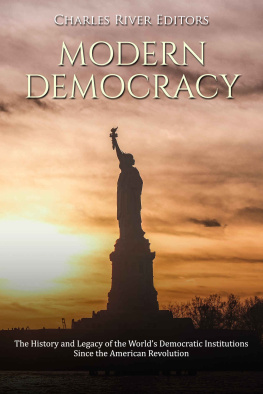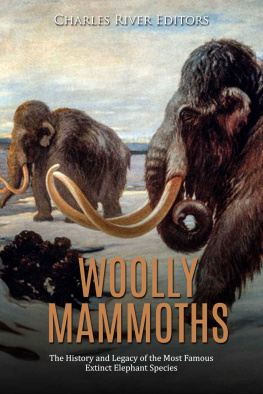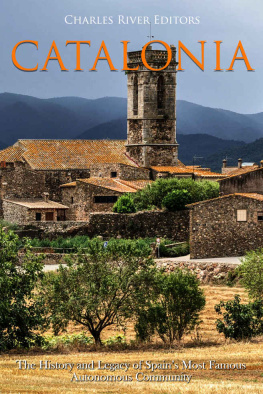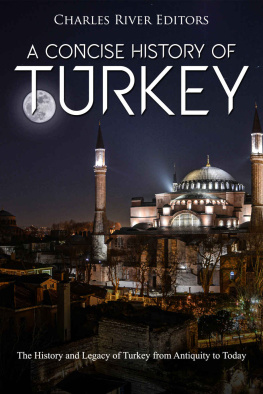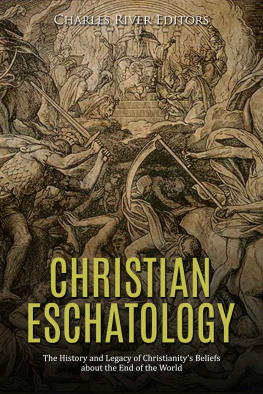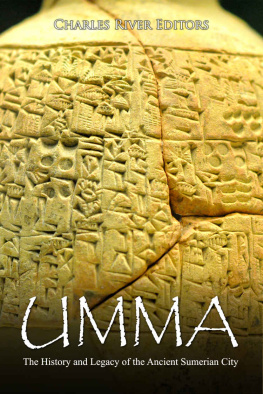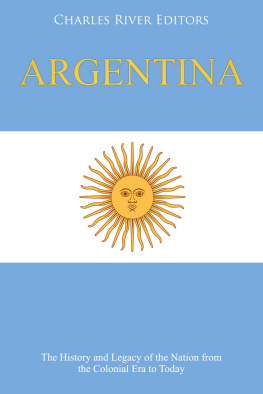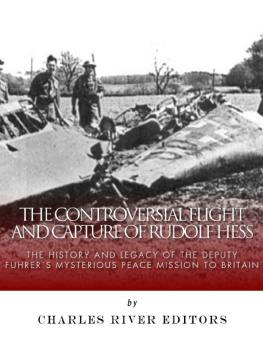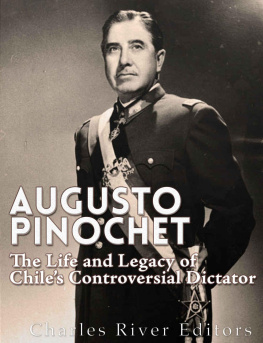Charles River Editors - The Sandinistas: The Controversial History and Legacy of the Socialist Party’s Revolution, Civil War, and Politics in Nicaragua
Here you can read online Charles River Editors - The Sandinistas: The Controversial History and Legacy of the Socialist Party’s Revolution, Civil War, and Politics in Nicaragua full text of the book (entire story) in english for free. Download pdf and epub, get meaning, cover and reviews about this ebook. year: 2020, publisher: Charles River Editors, genre: Politics. Description of the work, (preface) as well as reviews are available. Best literature library LitArk.com created for fans of good reading and offers a wide selection of genres:
Romance novel
Science fiction
Adventure
Detective
Science
History
Home and family
Prose
Art
Politics
Computer
Non-fiction
Religion
Business
Children
Humor
Choose a favorite category and find really read worthwhile books. Enjoy immersion in the world of imagination, feel the emotions of the characters or learn something new for yourself, make an fascinating discovery.
- Book:The Sandinistas: The Controversial History and Legacy of the Socialist Party’s Revolution, Civil War, and Politics in Nicaragua
- Author:
- Publisher:Charles River Editors
- Genre:
- Year:2020
- Rating:3 / 5
- Favourites:Add to favourites
- Your mark:
- 60
- 1
- 2
- 3
- 4
- 5
The Sandinistas: The Controversial History and Legacy of the Socialist Party’s Revolution, Civil War, and Politics in Nicaragua: summary, description and annotation
We offer to read an annotation, description, summary or preface (depends on what the author of the book "The Sandinistas: The Controversial History and Legacy of the Socialist Party’s Revolution, Civil War, and Politics in Nicaragua" wrote himself). If you haven't found the necessary information about the book — write in the comments, we will try to find it.
Charles River Editors: author's other books
Who wrote The Sandinistas: The Controversial History and Legacy of the Socialist Party’s Revolution, Civil War, and Politics in Nicaragua? Find out the surname, the name of the author of the book and a list of all author's works by series.
The Sandinistas: The Controversial History and Legacy of the Socialist Party’s Revolution, Civil War, and Politics in Nicaragua — read online for free the complete book (whole text) full work
Below is the text of the book, divided by pages. System saving the place of the last page read, allows you to conveniently read the book "The Sandinistas: The Controversial History and Legacy of the Socialist Party’s Revolution, Civil War, and Politics in Nicaragua" online for free, without having to search again every time where you left off. Put a bookmark, and you can go to the page where you finished reading at any time.
Font size:
Interval:
Bookmark:
By Charles River Editors
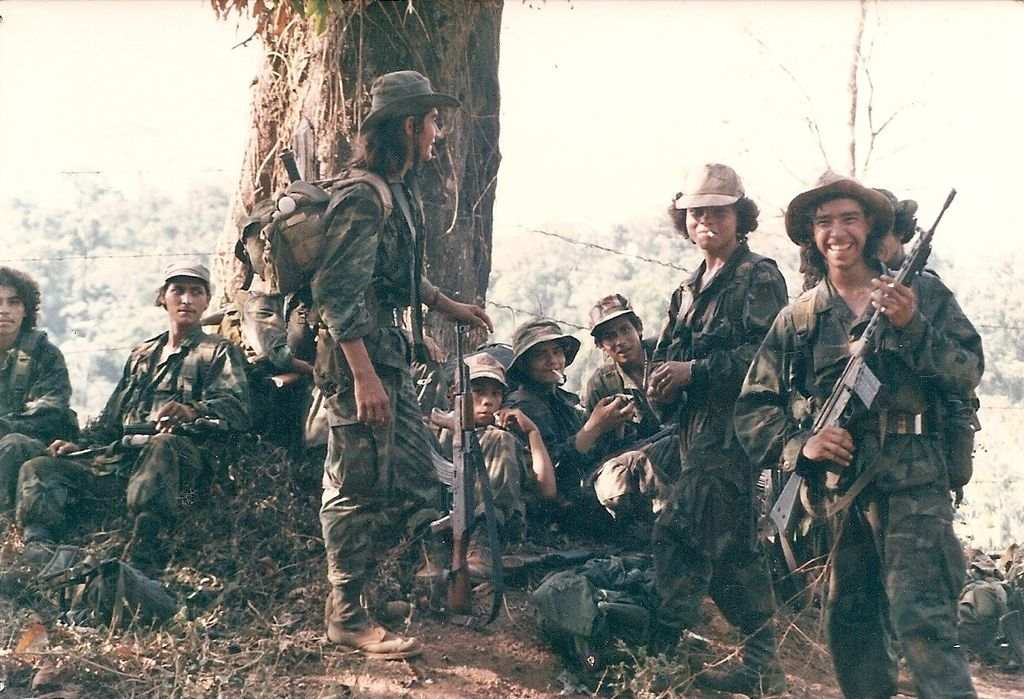
A picture of some Contras in 1987

Charles River Editors is a boutique digital publishing company, specializing in bringing history back to life with educational and engaging books on a wide range of topics. Keep up to date with our new and free offerings with this 5 second sign up on our weekly mailing list , and visit Our Kindle Author Page to see other recently published Kindle titles.
We make these books for you and always want to know our readers opinions, so we encourage you to leave reviews and look forward to publishing new and exciting titles each week.
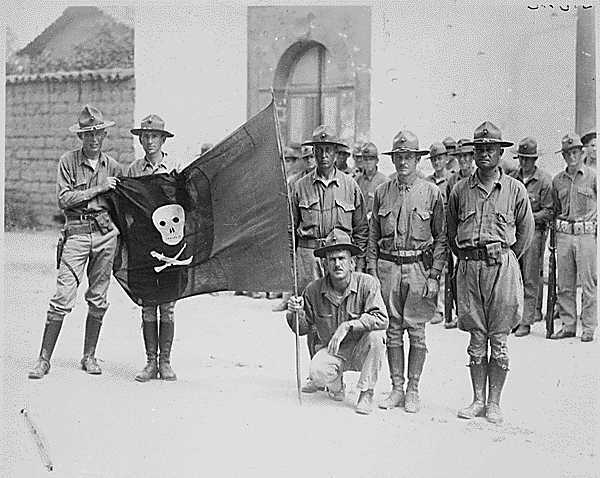
A picture of Marines holding Augusto Csar Sandinos flag in the 1930s
"I will not abandon my resistance until the... pirate invaders... assassins of weak peoples .. are expelled from my country.... I will make them realize that their crimes will cost them dear.... There will be bloody combat... Nicaragua shall not be the patrimony of Imperialists. I will fight for my cause as long as my heart beats.... If through destiny I should lose, there are in my arsenal five tons of dynamite which I will explode with my own hand. The noise of the cataclysm will be heard 250 miles. All who hear will be witness that Sandino is dead. Let it not be permitted that the hands of traitors or invaders shall profane his remains." - Augusto Csar Sandino
For much of the 20th century, Latin American governments in large part lived under a system of military junta governments. The mixture of indigenous peoples, foreign settlers and European colonial superpowers produced cultural and social imbalances into which military forces intervened as a stabilizing influence. The proactive personalities of military heads and the rigid structures of such a hierarchy guaranteed the strong man commanding officer an abiding presence in the form of executive dictator. Such leaders often bore the more collaborative title of President, but the reality was, in most cases, identical. Likewise, the gap between rich and poor was often vast, and a disappearance of the middle class fed a frequent urge for revolution, reenergizing the militarys intent to stop it. With no stabilizing center, the ideologies most prevalent in such conflicts alternated between a federal model of industrial and social nationalization and an equally conservative structure under privatized ownership and autocratic rule drawn from the head of a junta government.
Whichever belief system was in play for the major industrial nations of Central and South America, a constant bombardment of foreign influence pushed the people of states such as Nicaragua, Chile, Brazil, Argentina, and others toward overthrow, in one direction or the other. To the left came Stalinist influences from the Soviet Union and Castros Cuba, while the German World War II model and an anti-communist mindset from the United States worked behind the scenes to upset any movement toward extreme liberalism. The tacit acceptance of these right-wing dictators across South America was part of an overarching effort known as Operation Condor, consisting mostly of CIA operations that are as infamous and controversial as ever, with a lasting legacy that affects current events such as reactions to the ongoing unrest in Venezuela.
Few examples remain as memorable as the conflict in Nicaragua, where the Frente Sandinista de Liberation Nacional (FSLN), a left-wing revolutionary party, seized power in the small Central American nation of Nicaragua in July 1979, toppling four decades of dictatorial rule perpetrated by the Somoza dynasty. A decade later, on February 25, 1990, in an election organized by the FSLN, one that the party was fully confident it would win, the FSLN suffered a shocking defeat at the hands of a coalition generally thought to be associated with the American-funded Contra movement. This was a sobering moment for the Latin American leftist revolution, and, as many were apt to see it, a triumph for American policy in the region.
What happened in that critical decade in Nicaragua, what was the Sandinista movement that led Nicaragua into a leftist revolution, and why did the Americans vehemently oppose the Sandinistas with force? The Sandinistas: The Controversial History and Legacy of Socialist Resistance, Civil War, and Politics in Nicaragua looks at the turbulent 20 th century in Nicaragua, and the various roles the Sandinistas have played. Along with pictures and a bibliography, you will learn about the Sandinistas like never before.
On October 17, 1998, the ex-military leader of Chile, General Augusto Pinochet, visiting the United Kingdom for a routine medical procedure, was arrested by British police. His arrest, under charges of human rights abuses, was ordered under an international warrant issued by Spanish judge Baltasar Garzn. The incident reverberated around the world, for Pinochet, long suspected of orchestrating grotesque human rights abuses in Chile and abroad, had to date enjoyed virtual immunity. In retirement, he was certainly not on the international radar, but his arrest stirred renewed interest in bringing to account many others who had been central to what historian John Dinges described as a human rights crime wave of a magnitude not seen before or since in the region.
The allegations against Pinochet were that between 1973 and 1983, he committed atrocities against Spanish citizens, and the ageing autocrat was placed under house arrest, first in the London clinic where the warrant was served, and later in a rented house where he waited while the wheels of the British justice system turned out a verdict. The Pinochet case presented the British judiciary with a unique conundrum - the case was not only politically sensitive and potentially explosive, but also it would be the test case of international justice in the post-Cold War era. The concept of pursuing international justice in situations like that of Pinochet was new, as was the arrest and detention of a major international political figure for their actions during a different geopolitical era.
What brought Pinochet to this place, and what was the background to the charges he was facing? Pinochet was perhaps first among equals of a rash of military dictatorships that sprang up in the 1970s in what was known as the Southern Cone of South America, comprising Paraguay, Uruguay, Chile and Argentina (with Bolivia and Brazil also sometimes included). This was (and remains) a region susceptible to regular military interventions, usually occasioned by a military establishment deeply involved in the political process, and there is still a common perception in parts of South America that a strong government backed up by a military force remains the only formula for political progress and functional administration. This sentiment has its roots in the founding of the South American republics in the early 19 th century, as the region gained independence from Spain through a series of wars of independence. However, upon shedding the Spanish colonization, it seemed the nascent republics were far too immature to follow the lead of the United States towards democracy. Instead, oligarchies formed, usually with strong military support, offering very little popular representation and generally holding on to a paternalistic system of social organization and government. A combination of personal charisma embodied in a populist figure and brute force embodied in the military tended to define the fine balance between civilian and military rule. By the end of the 20 th century, the only authentic survivor of this creed was Fidel Castro, who, in the eyes of many, was the quintessential embodiment of the 19 th century caudillo (man on horseback).
Font size:
Interval:
Bookmark:
Similar books «The Sandinistas: The Controversial History and Legacy of the Socialist Party’s Revolution, Civil War, and Politics in Nicaragua»
Look at similar books to The Sandinistas: The Controversial History and Legacy of the Socialist Party’s Revolution, Civil War, and Politics in Nicaragua. We have selected literature similar in name and meaning in the hope of providing readers with more options to find new, interesting, not yet read works.
Discussion, reviews of the book The Sandinistas: The Controversial History and Legacy of the Socialist Party’s Revolution, Civil War, and Politics in Nicaragua and just readers' own opinions. Leave your comments, write what you think about the work, its meaning or the main characters. Specify what exactly you liked and what you didn't like, and why you think so.

